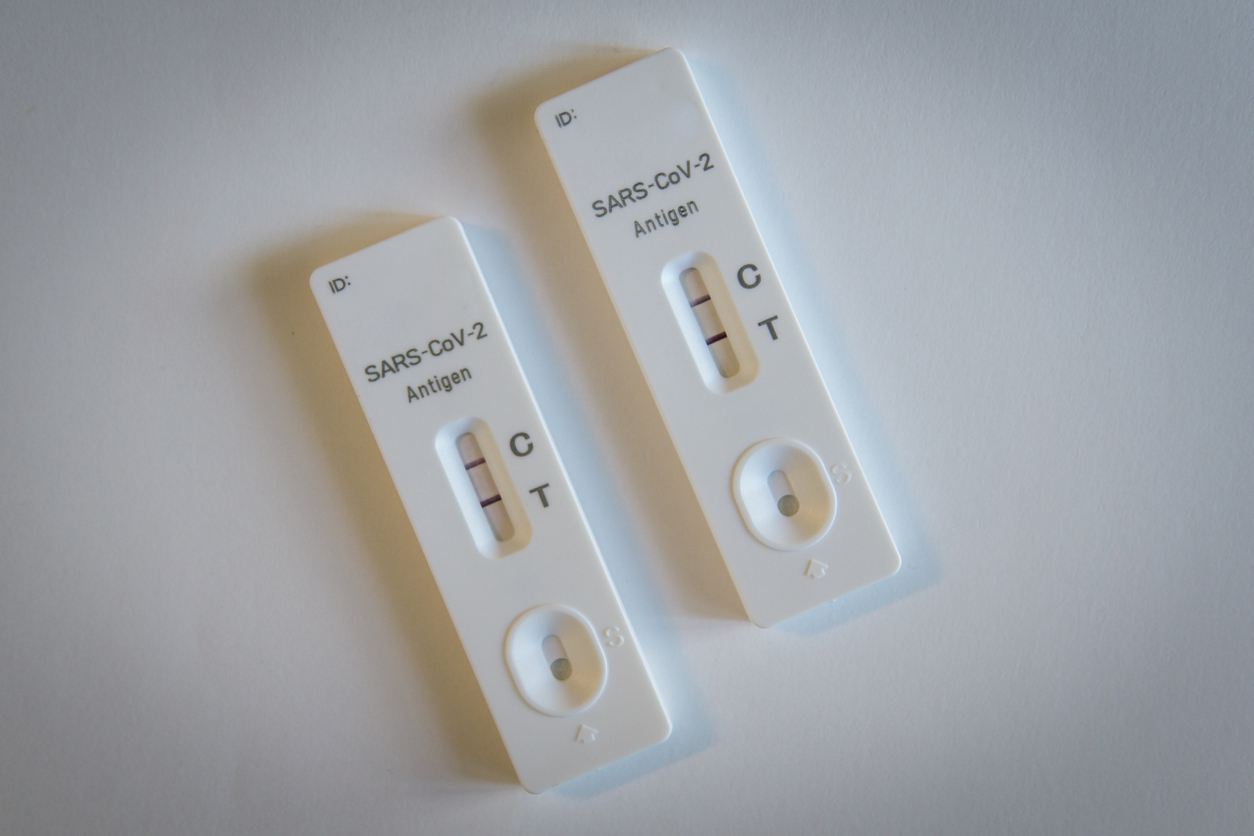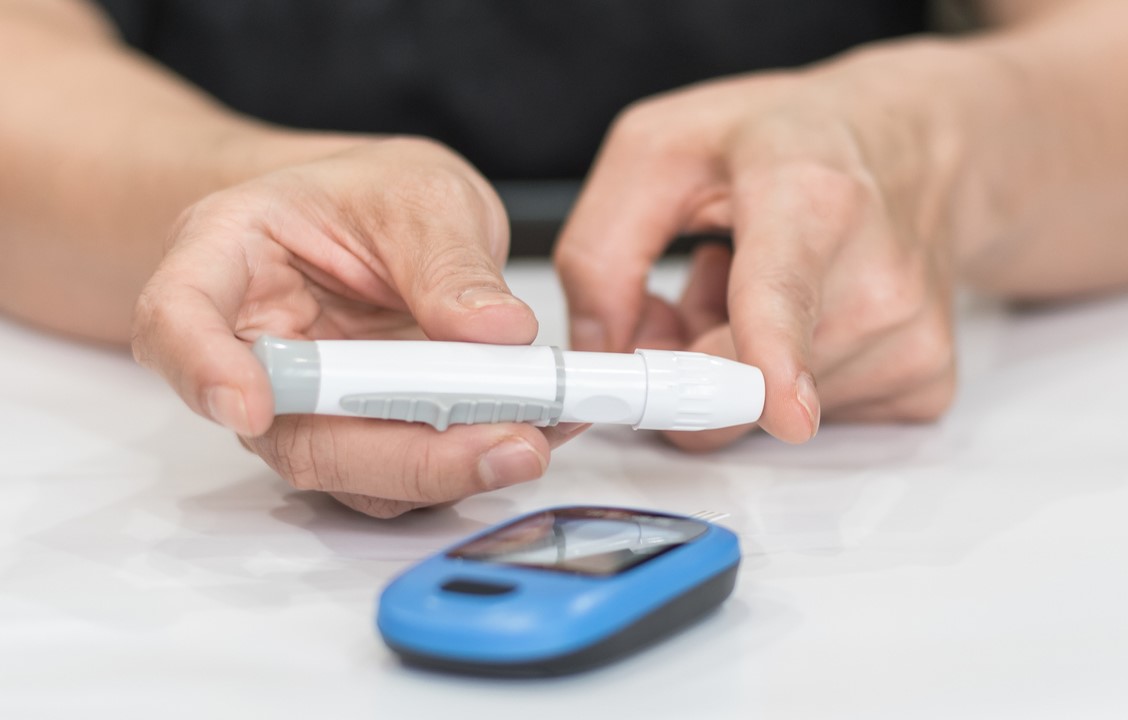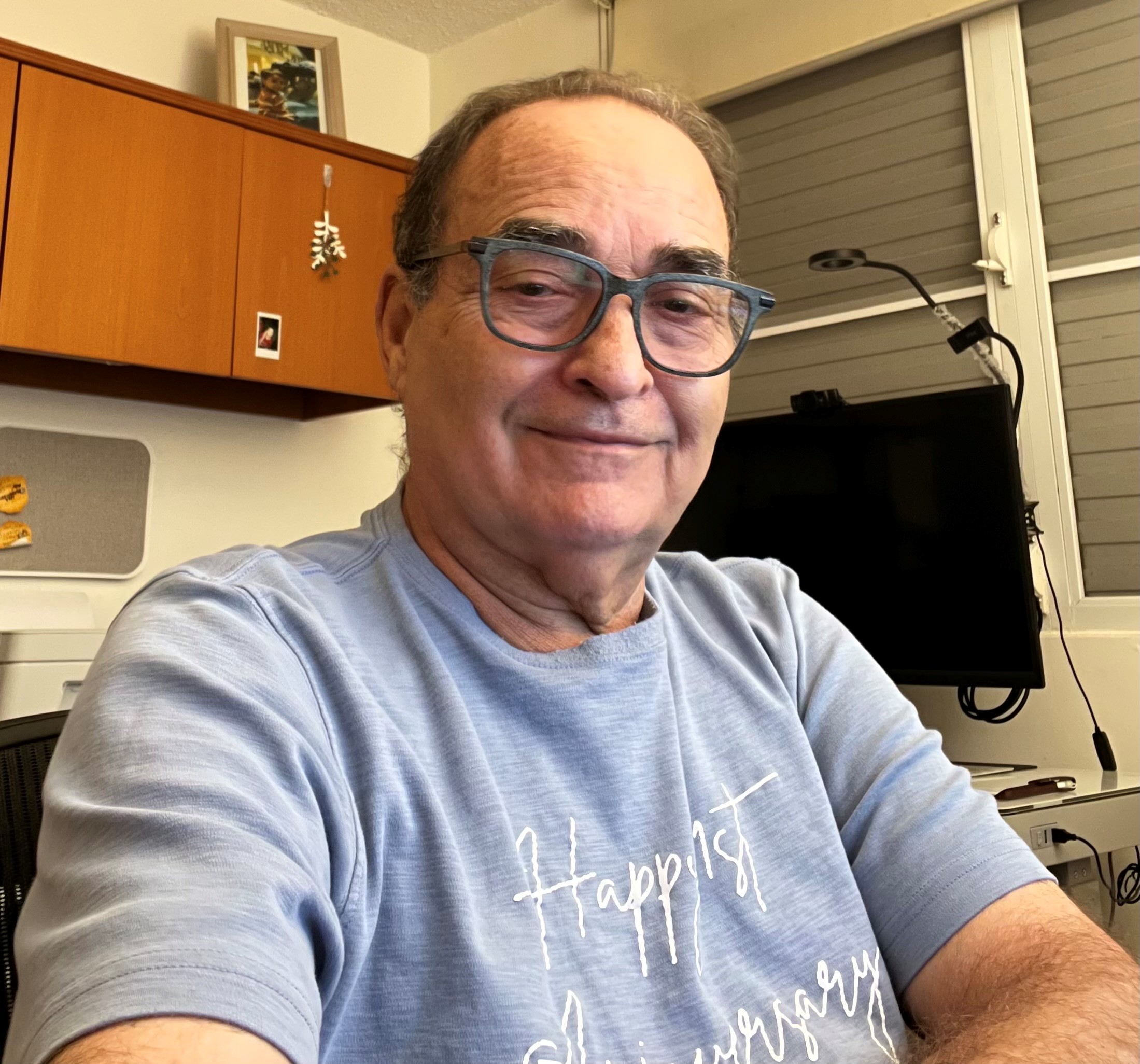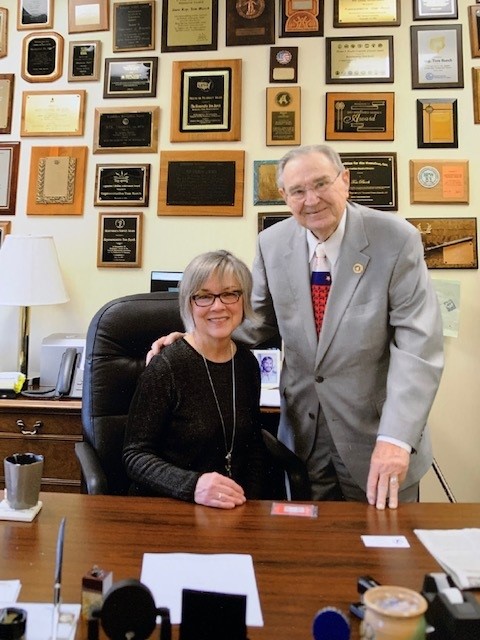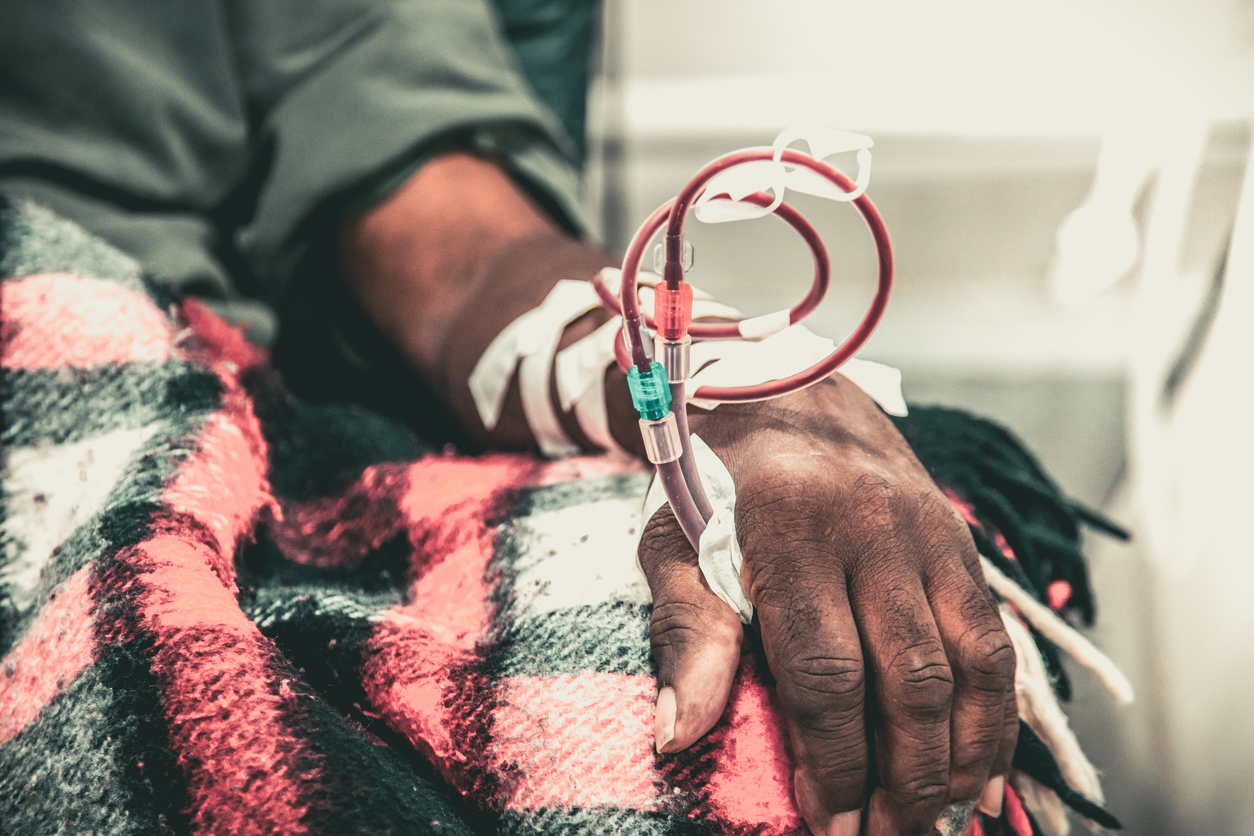Just how accurate are rapid antigen tests? Two testing experts explain the latest data
Once in short supply, rapid antigen tests are now available throughout the U.S. Nathaniel Hafer, UMass Chan Medical School and Apurv Soni, UMass Chan Medical School As of May 2022, the U.S. is experiencing another uptick in the number of COVID-19 cases. High rates of infection in Europe and Asia, along with the continued emergence of new sub-variants, such as omicron BA.4 and BA.5, raise concerns that another surge could be on the way. Even though demand for COVID-19 tests greatly overwhelmed supply earlier in the pandemic, rapid home tests are more available today. While home tests provide a quick, [...]

